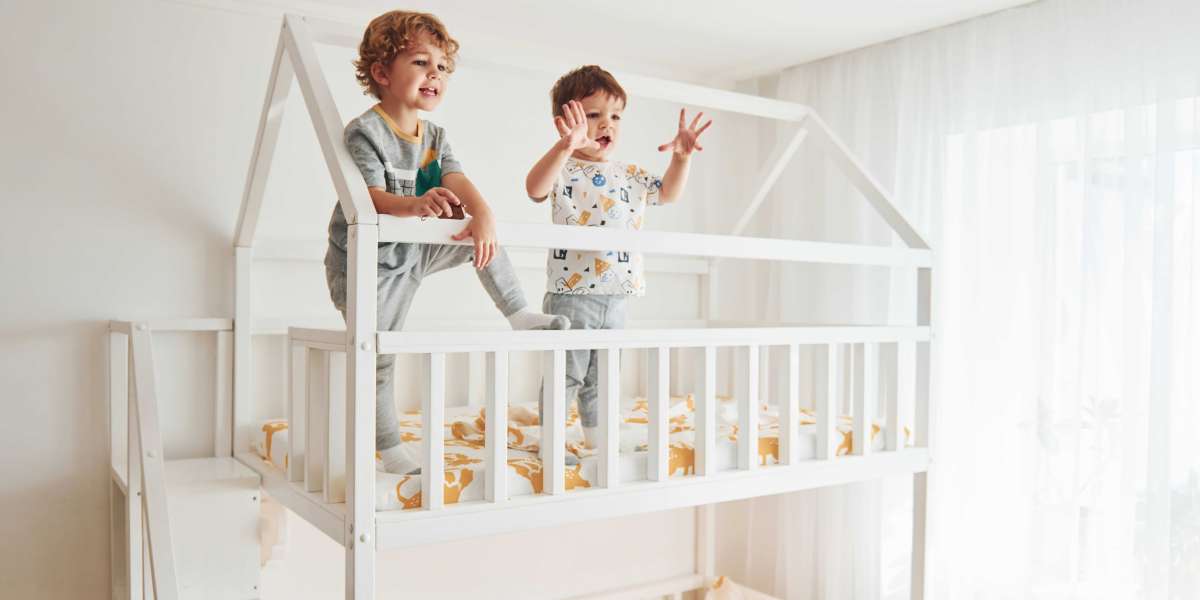Creating a home that feels really yours requires much room interior design. Whether it is redecorating one room or the whole house, thoughtful design can give a room a touch that is reflective of your unique personality. One of the design studios that embodies the heart of changing spaces is Quartier Studio. Quartier Studio specializes in fresh, functional interior design that combines style with functionality, creating beautiful and purposeful environments. Their work can be very inspirational if you want to inject your space with functionality style.
Knowing Basic Room Interior Design
Room interior design is basically designing your surroundings. It's basically making your spaces feel comfortable, efficient, and pretty. Good interior design is just about how color, texture, room layout, lighting, and furniture all come together in the name of harmony. And here's just how beautiful it can be: it's a reflection of your personal taste and lifestyle. You could be an elegant minimalist, a cozy rustic eclectic, or a fun and vibrant modernist - who knows?.
The Key Elements to Consider When Designing a Room
1. Color Scheme: Setting the Mood
The colors you use to color the walls of a room are perhaps the first things through which one can feel the general ambiance of a room. Lighter tones, such as whites, creams, or pastels, make the room feel bigger and airier. Darker colors, like deep greens or blues, give warmth and cozy feelings to the room. You can really give your space personality and vibrancy by adding some bold pops of color via throw pillows, artwork, etc.
2. Furniture:
Practical Yet Beautiful Furniture is an integral part of the design and interior planning in any room. It should not only guarantee comfort but also support an overall aesthetic that reflects your persona. Starting from larger items like sofas and tables to smaller items, chairs, and shelves, everything needs to be so chosen as they would serve both function and form in place.
3. Lighting: Layered Versatile
Lighting is one of the most pertinent aspects of designing the room. Lighting not only provides light but can also draw attention to architectural features and create an ambiance in the room, so it feels larger or cozier according to the plan. To have the best outcome, you should put three types of lighting: ambient (general lighting), used for a specific light on a reading or cooking area; task lighting, which focuses on a particular spot, highlighting artwork, plants, and architectural features with accent lighting. And don't forget the style of your lighting fixtures themselves, either: sleek modern chandeliers or industrial-style pendants can not only add functionality, but become ornamentation in a room.
4. Textures Materials: Depth Detail
A room is most inviting when it has been composed of a mix of soft fabrics, smooth woods, and cool metals. For instance, combining a plush velvet throw on a leather sofa or a woven rug on a hardwood floor adds tactile contrast that can sometimes make a room rich and layered.
5. Personal Touches: What Makes it Yours
Finishing touches such as artwork, personal artifacts, and other decorative details is what makes a room truly home. It may be an old painting, a collection of memories taken during travel, or family pictures. These personal elements come alive in the space. For instance, mixing personal style with design will create a space that is unmistakably yours.
Room Interior Design Styles
You understand your basics, and then you delve deeper into the personal styles of a taste. Whether clean lines and minimalism are more or eclectic for you, you will find several styles guiding you through the design process: Minimalist: It is simple, clean, and functional. Your colors are neutral as well as your lines straight forward which contributes to a calm, clutter-free environment.
Contemporary:
Simple, modern style. Glass, metal, and concrete are common and industrial in feel.
Bohemian:
Colorful, patchwork, textured adornments represent a free spirit and eclectic lifestyle. Envision layers of warm furniture born of many different influences.
Industrial:
It's all raw, unprocessed, untreated styles with exposed brick, steel beams, and reclaimed wood- the bold, urban space.
Scandinavian:
Light, airy, and minimalist, Scandinavian design uses natural materials, neutral tones, and functionality and comfort as its biggest emphasis.
Traditional:
Elegant, classic, and timeless. In traditional rooms, there is a prevalence of symmetry, rich wood tones, refinement, and comfort.
Conclusion:
Room interior design is something that feels authentic to you but also satisfies your everyday requirements. From studios such as Quartier Studio, it would be possible to approach every room with an intention to consider aspects such as color, furniture, lighting, textures, and personal touches.







